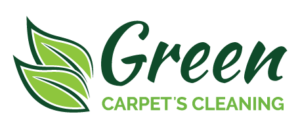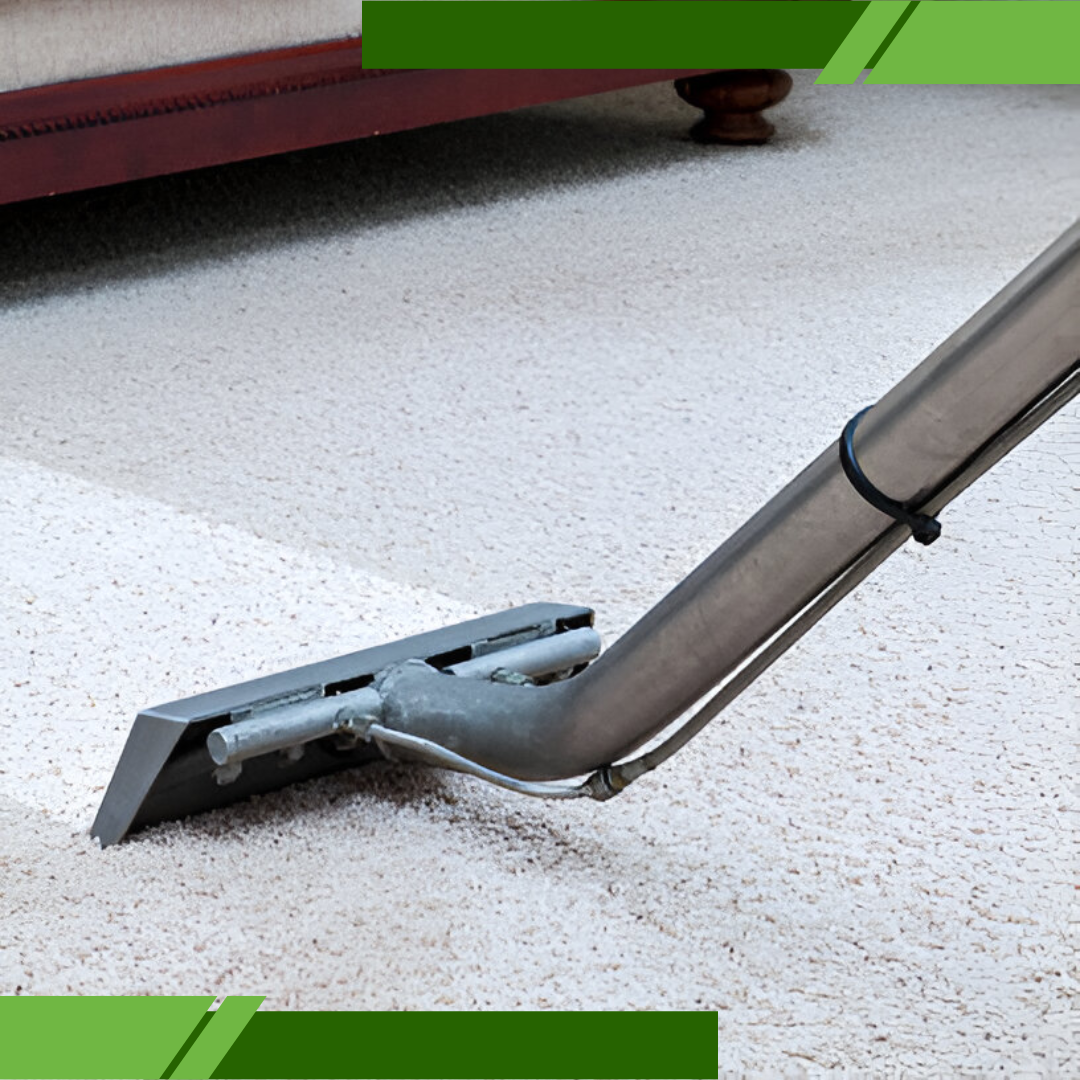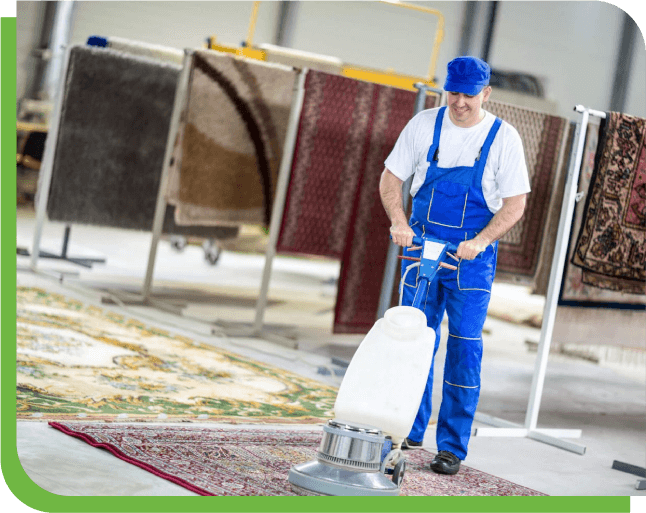Get in touch
Fill this up to proceed

We are committed to providing a world-class carpet, rug, upholstery, drapery or mattress cleaning services that will open your door to a happier and healthier green indoor environment.
You mop your floors. You vacuum regularly. Everything looks spotless. But lurking beneath the surface could be an invisible intruder—hidden mold under flooring. This persistent menace thrives in the dark, damp layers under hardwood, carpet, vinyl, and laminate, often going unnoticed until damage becomes serious. Left untreated, it can harm both your West Hollywood home’s structure and your health.
Mold is sneaky. It grows in areas you don’t see and often signals its presence in subtle ways. Even if your floor looks perfect, hidden mold under flooring could already be spreading in your West Hollywood home. Knowing these signs early can save you thousands in repairs and medical bills.

When dealing with hidden mold under flooring in your West Hollywood home, start by evaluating the extent of the problem. If the moldy area is small (under 10 square feet), a DIY approach may be effective. Wear proper safety gear, seal off the area, and carefully lift part of the flooring. Use a mold-killing solution such as hydrogen peroxide or borax, and dry the space completely using fans or a dehumidifier.
For larger infestations, visible damage, or suspected black mold, it’s best to turn to professional cleaning services. Experts use advanced tools—like HEPA vacuums and moisture meters—to ensure thorough removal and prevention. Hidden mold under flooring can pose serious health risks, especially for those with allergies or asthma, so choosing between DIY and professional cleaning should depend on the mold’s severity and your household’s needs.

Prevention is the most cost-effective strategy. Use these habits to make your home an unfriendly place for hidden mold under flooring.
Consider installing flooring that resists moisture and mold:
Preventing hidden mold under flooring in your West Hollywood home begins with staying vigilant about moisture and cleanliness. Water damage, high humidity, and poor ventilation are prime contributors to mold growth beneath your floors. Regular inspections, prompt repairs, and using a dehumidifier in damp areas can significantly reduce your risk. Choose mold-resistant flooring materials and seal grout lines or gaps where moisture can seep through.
For carpeted spaces, routine professional care is essential. Services like Carpet Cleaning West Hollywood don’t just refresh your floors—they help eliminate deep-seated moisture and allergens that promote mold. Especially in homes with pets, kids, or past water issues, scheduling regular cleanings can prevent the buildup of contaminants. By investing in preventative measures and expert services, you’ll keep hidden mold under flooring from compromising your health or home.
Yes. Mold spores can lead to respiratory problems, skin irritation, and fatigue, especially for children and individuals with asthma or allergies.
Inspect your West Hollywood floors seasonally—especially after heavy rains, plumbing leaks, or high indoor humidity.
Sometimes. Coverage depends on the cause (e.g., sudden vs. long-term damage). Contact your insurer for clarity.
?
Absolutely—if moisture issues are not resolved. Proper drying and prevention are key to long-term success.
Not always, but it’s a strong indicator. Further inspection is highly recommended.

We are committed to providing a world-class carpet, rug, upholstery, drapery or mattress cleaning services that will open your door to a happier and healthier green indoor environment.
We are committed to providing a world-class carpet, rug, upholstery, drapery or mattress cleaning services that will open your door to a happier and healthier green indoor environment.